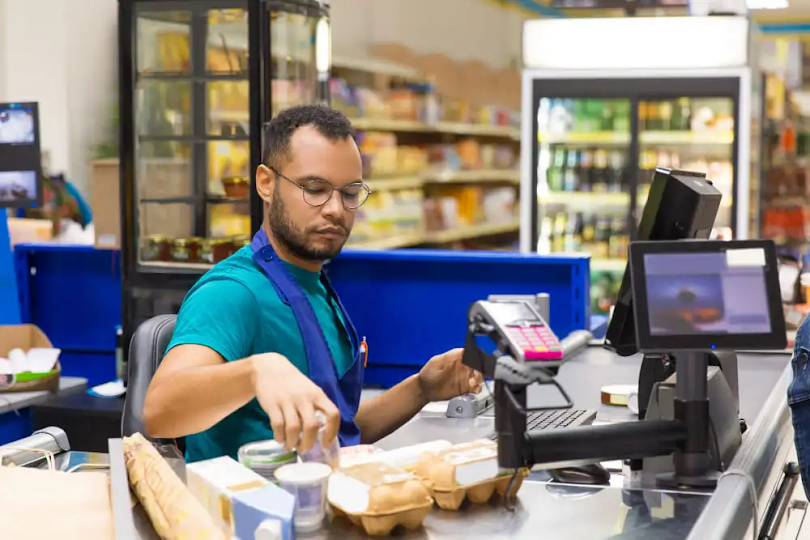ERP for Retail: Implementing and Customizing for Success
Maximizing Retail Performance with Customized ERP Solutions: In today’s competitive retail market, businesses must stay agile and efficient to meet customer expectations and improve profitability. One of the most effective ways to streamline operations and drive success is through Enterprise Resource Planning (ERP) systems. ERP for retail integrates different business functions into one unified system, enabling businesses to manage inventory, sales, customer relationships, and more efficiently. However, implementing and customizing ERP solutions for retail businesses requires careful planning and consideration.
What is ERP for Retail?
Enterprise Resource Planning (ERP) is a software system that integrates various business processes into one platform. In retail, ERP systems help manage key functions such as inventory control, supply chain management, sales tracking, order processing, and customer relationships. By automating and centralizing these operations, ERP helps retailers improve operational efficiency and customer satisfaction.
Improved Inventory Management
One of the most significant benefits of ERP for retail is its ability to manage inventory more effectively. ERP systems provide real-time data about stock levels, allowing businesses to avoid overstocking or running out of products. This results in better inventory control and reduces the chances of lost sales due to stockouts.
Streamlined Sales and Order Processing
With an ERP system, retail businesses can automate the sales process from order creation to delivery. This ensures that orders are processed quickly, reducing errors and improving customer satisfaction. Additionally, ERP systems allow businesses to track sales performance across multiple channels, including in-store, online, and mobile platforms.
ERP for retail is an invaluable tool for businesses looking to improve efficiency, enhance customer satisfaction, and boost profitability. By streamlining inventory management, automating sales processes, and centralizing customer data, ERP systems help retailers stay competitive in an ever-evolving market. However, implementing and customizing ERP systems requires careful planning, the right software choice, and ongoing optimization. With the right approach, ERP can be the key to long-term success for retail businesses.
Social:



Comments
Post a Comment